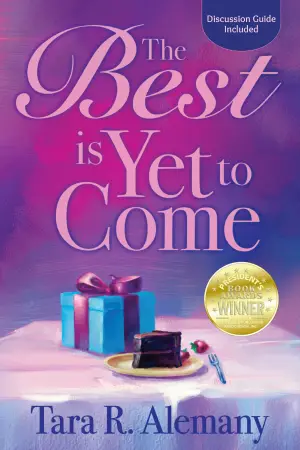I recently finished reading The Mindfulness Book: Guided Meditation for Stress Management and A Calm Mindset to Stop Overthinking by Thalia Day, and I genuinely found it to be a treasure for anyone navigating the labyrinth of anxiety and emotional overwhelm. As someone who is often swept away by the tides of daily stress, I was drawn to this book for its promise of clarity and peace through mindfulness practices. I was intrigued by how it aimed to empower readers — whether newbies or more seasoned practitioners — to quiet their minds and embrace the present moment.
From the outset, what I appreciated most was the accessible approach to mindfulness and meditation. The book offers easy-to-follow daily rituals that help keep you grounded while providing proven guided meditations designed to halt overthinking and ease the nervous system. I found this particularly enlightening, as I’ve struggled with incessant mental chatter for years. The practical breathing techniques presented are also invaluable; they give immediate tools to regain focus during particularly stressful moments.
Another positive aspect is the book’s encouragement to build emotional strength through self-care. The author’s emphasis on present-moment awareness as a way to connect with oneself felt genuine and heartfelt. I resonated with the insights shared; they reminded me to take time for personal reflection — something that often gets overshadowed in our busy lives. As a bonus, I found that the journal prompts sprinkled throughout provided a space for deeper exploration, resonating well with the sentiments expressed by Amy, who highlighted how the author encourages kindness toward oneself.
However, it wasn’t all smooth sailing. While I deeply appreciated the content, I must agree with some readers who pointed out issues with how the writing exercises were interspersed throughout the text. I found them somewhat distracting, interrupting the flow of information. Like the reviewer Aries.Pisces mentioned, a separate workbook could have vastly improved the reading experience, allowing for a more focused and cohesive journey through mindfulness techniques.
Another point to consider is that the book, at just under 100 pages, may feel a bit brief to those looking for a more extensive investigation into mindfulness practices. Some readers, like Cudgel, felt that the techniques could be found piecemeal in various articles. While I disagree with this characterization in general, I do recognize that the book serves more as a stepping stone or introductory guide rather than an exhaustive manual.
Overall, The Mindfulness Book met my expectations in offering a compassionate and encouraging outline for anyone looking to cleanse their mind from the fog of anxiety and overthinking. The author’s voice is warm and inviting, which makes the journey more relatable. I was left with practical tools to ease my stress and cultivate mindfulness in my daily life — certainly a win in my book!
In conclusion, I would recommend The Mindfulness Book to anyone who feels caught in the whirlwind of their thoughts or emotions. Whether you’re a beginner or someone seeking a gentle refresher, this book provides simple yet powerful methodologies for reconnecting with yourself. Just be prepared for a somewhat brief experience, and perhaps keep a separate journal handy for those reflective moments. With an overall rating of four stars, it strikes a balance between empowerment and practical insight, making it a worthy addition to any personal development library.
Discover serenity and enhance your emotional intelligence with practical mindfulness techniques. >>








